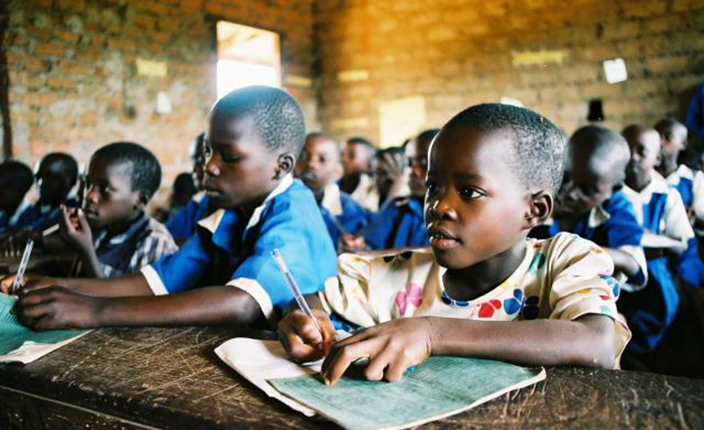African education is 70 years behind

WINDHOEK. — The level of education in developing African countries, especially those in sub-Saharan Africa, is 70 years behind that of developed economies such as Asia and Europe, an international report has said.The International Commission on Financing Global Education Opportunity’s 2016 report on “investing in education for a changing world” therefore recommended that developing countries need to expand their education if they are to catch up with developed economies in the next 30 years.
The contents of the report were revealed by former Tanzanian president Jakaya Kikwete Wednesday when he paid a courtesy call on President Hage Geingob at the presidential residence at Swakopmund.
Kikwete is a commissioner on the International Commission on Financing Global Education Opportunity as part of his mandate as the United Nations’ special envoy for global education.
The report also indicated that Namibia’s student population is expected to almost double in the next 24 years from the current figure of 650 000.
He said Namibia needs to make sure there is access to learning to all children as the population expands.
“This will also make it easier for the next president as you now lay the foundation,” Kikwete told President Geingob.
The document recognised efforts made by Namibia to improve access to quality education such as financing and infrastructure development.
“Namibia should be proud as your current enrolment in primary education is 100 percent,” said Kikwete.
A recommendation from the commission is that Namibia should continue spending on education with focus on equity and equality.
In response, President Geingob said Namibia is already addressing most challenges such as access to education, equity and accommodation raised in the report.
“This report will help us plan better on how to best improve our education,” he said whilst promising to provide the commission with feedback before April next year. President Geingob noted that donor funding is a challenge for Namibia’s education as donors regard Namibia as a middle-income country able to finance its own education.
“This is the problem I have with donors, they think we are rich but we are poor. I tried convincing them but they do not believe me,” he said. — The Namibian








Comments